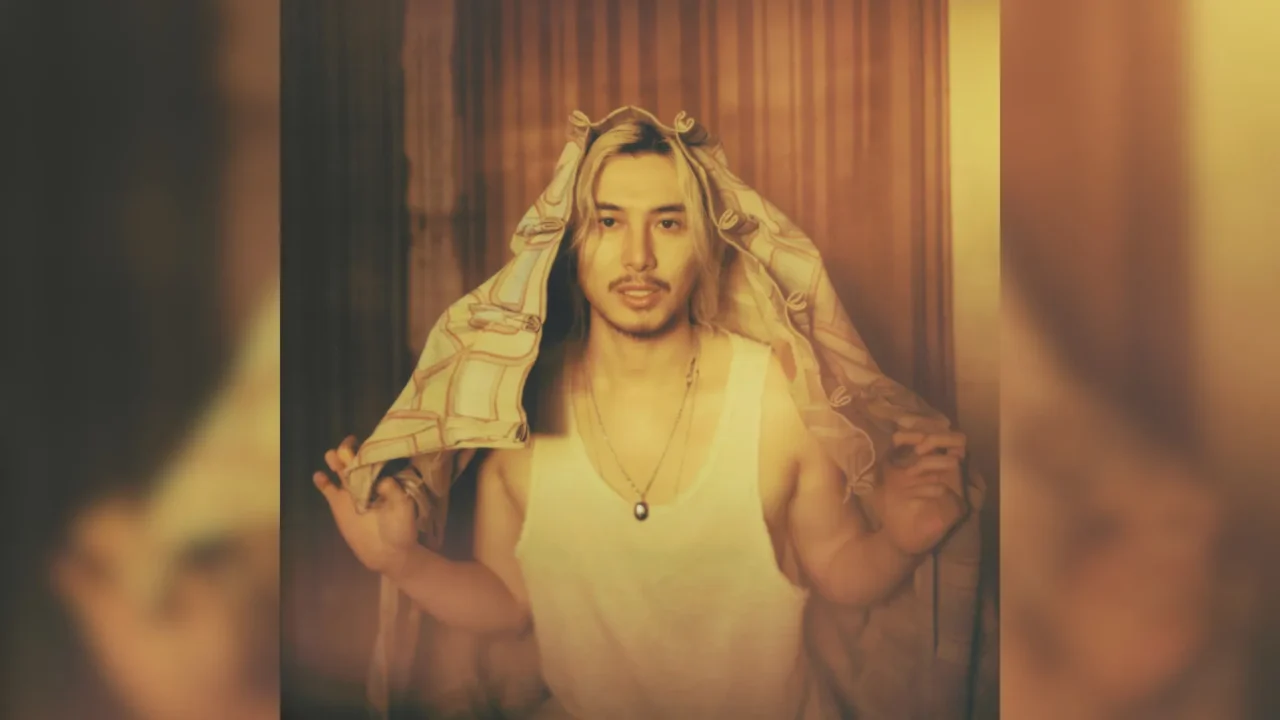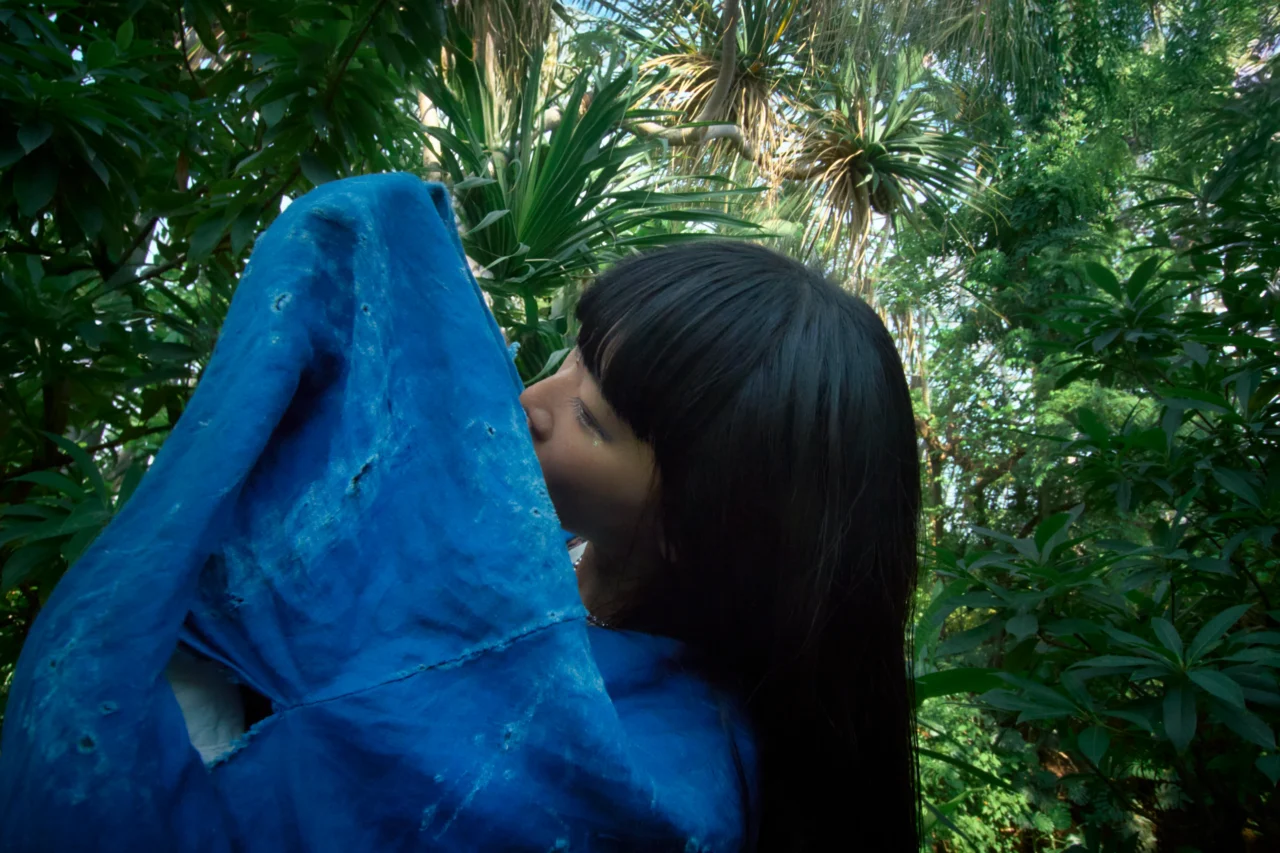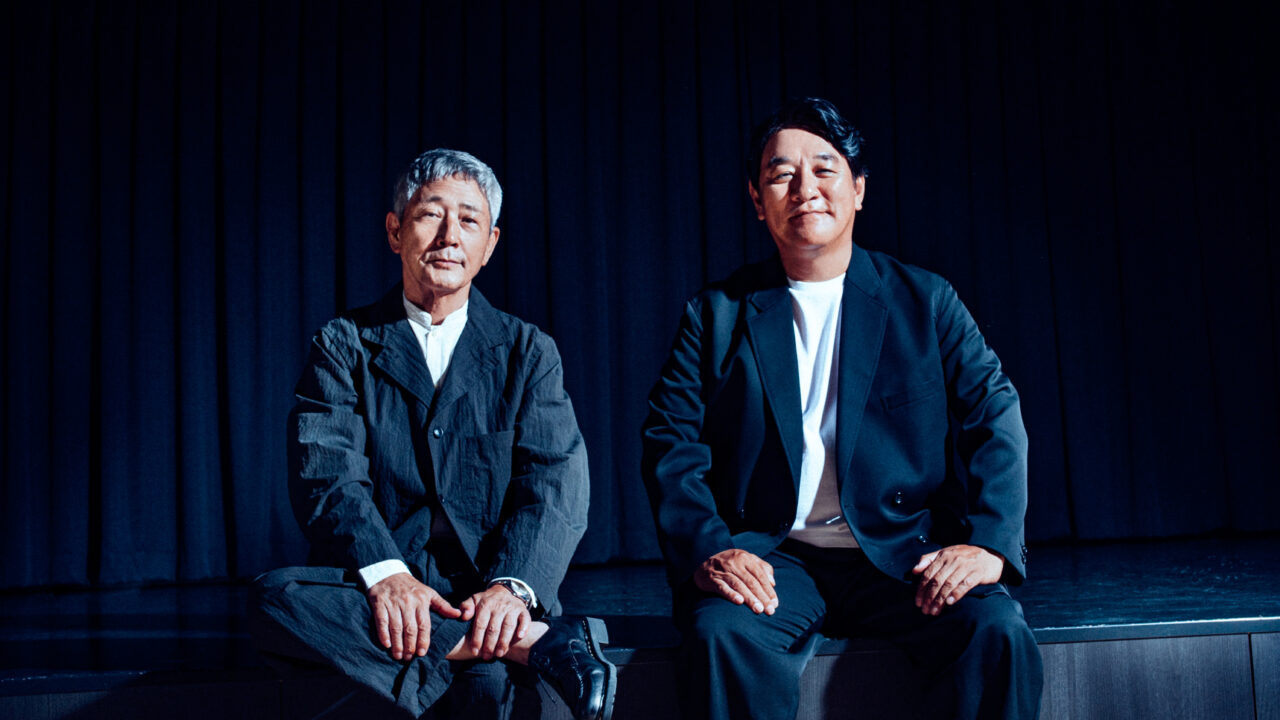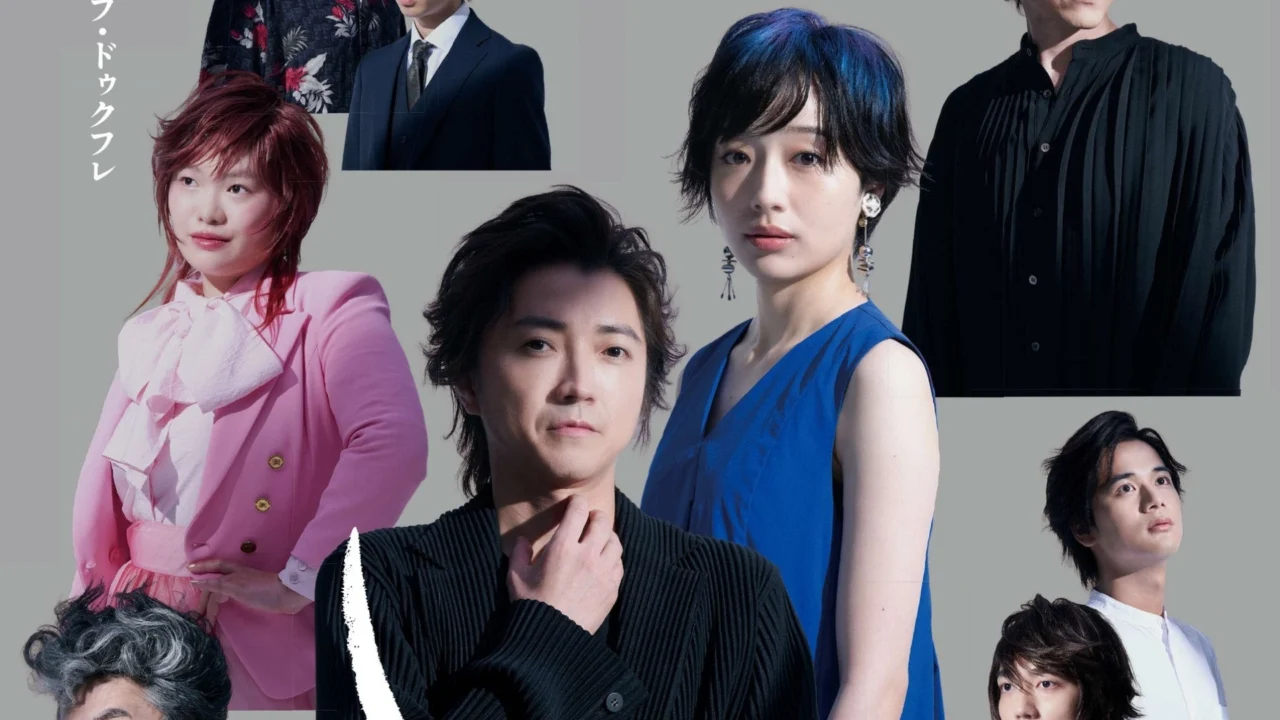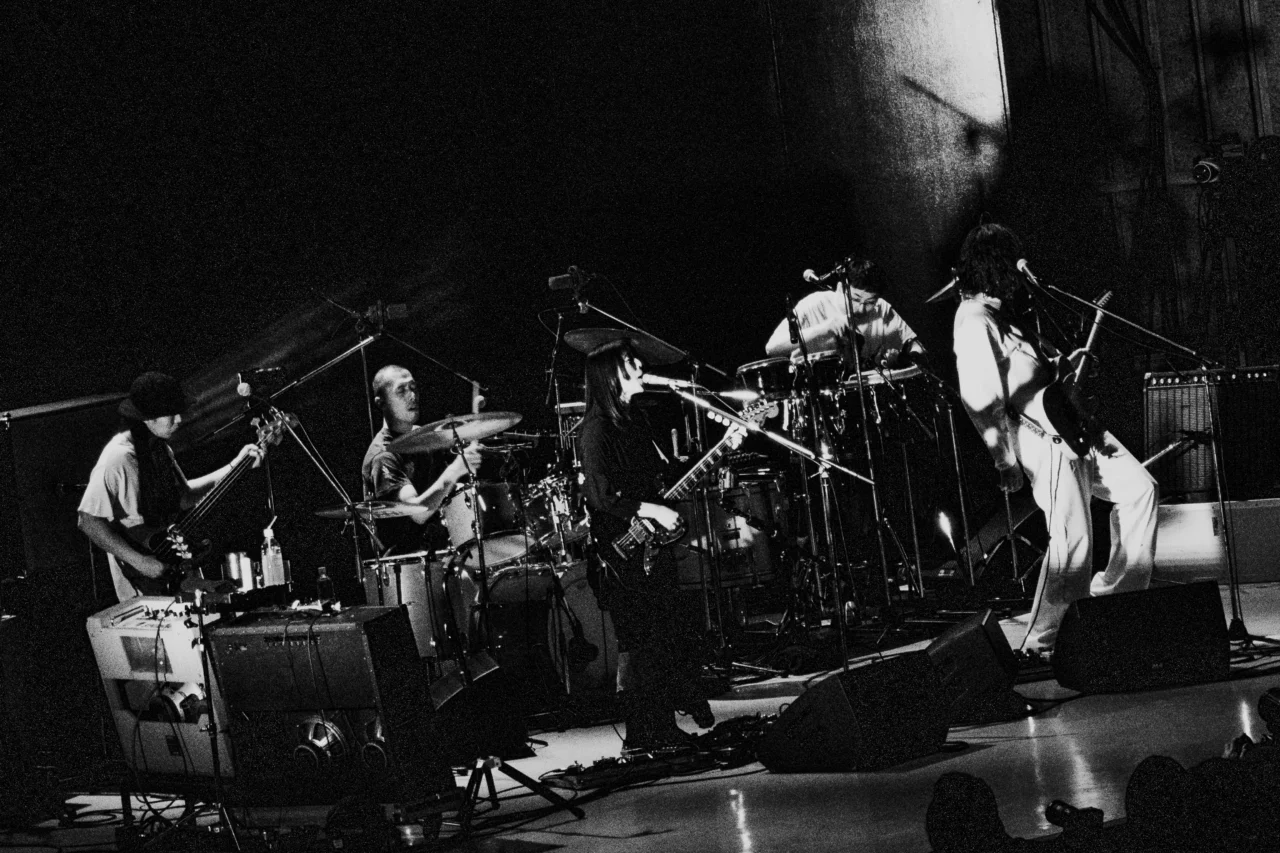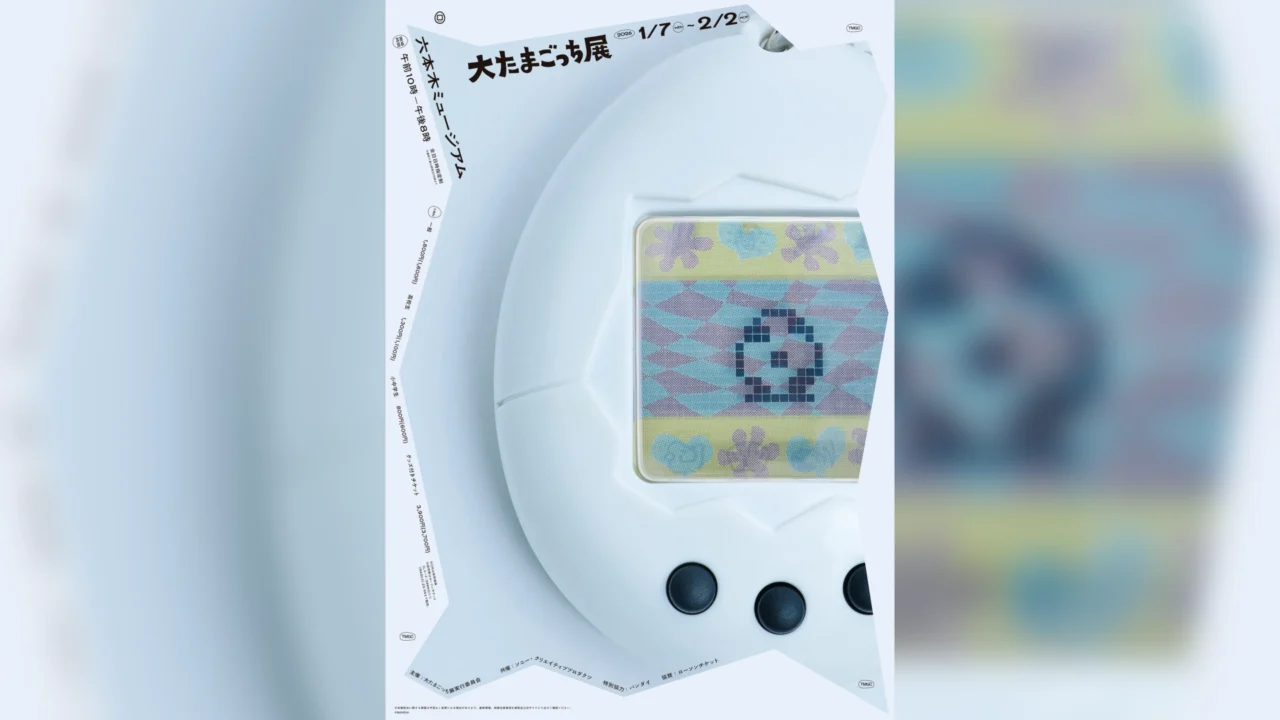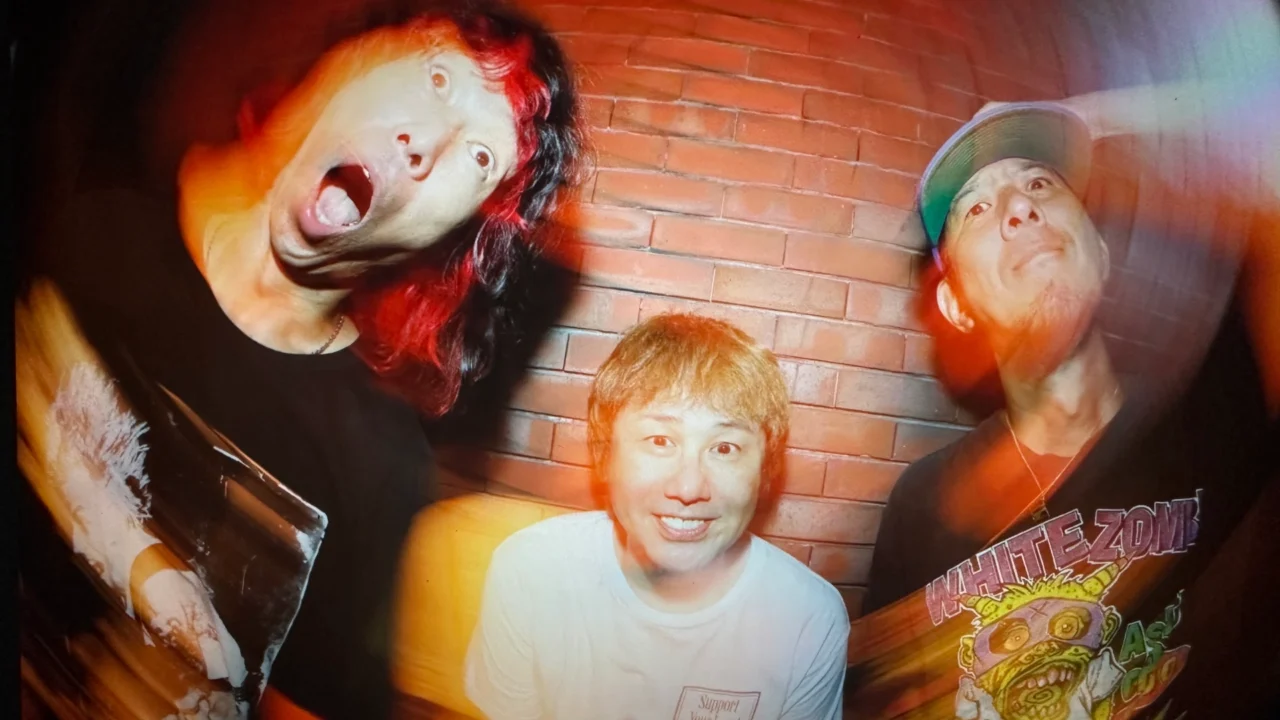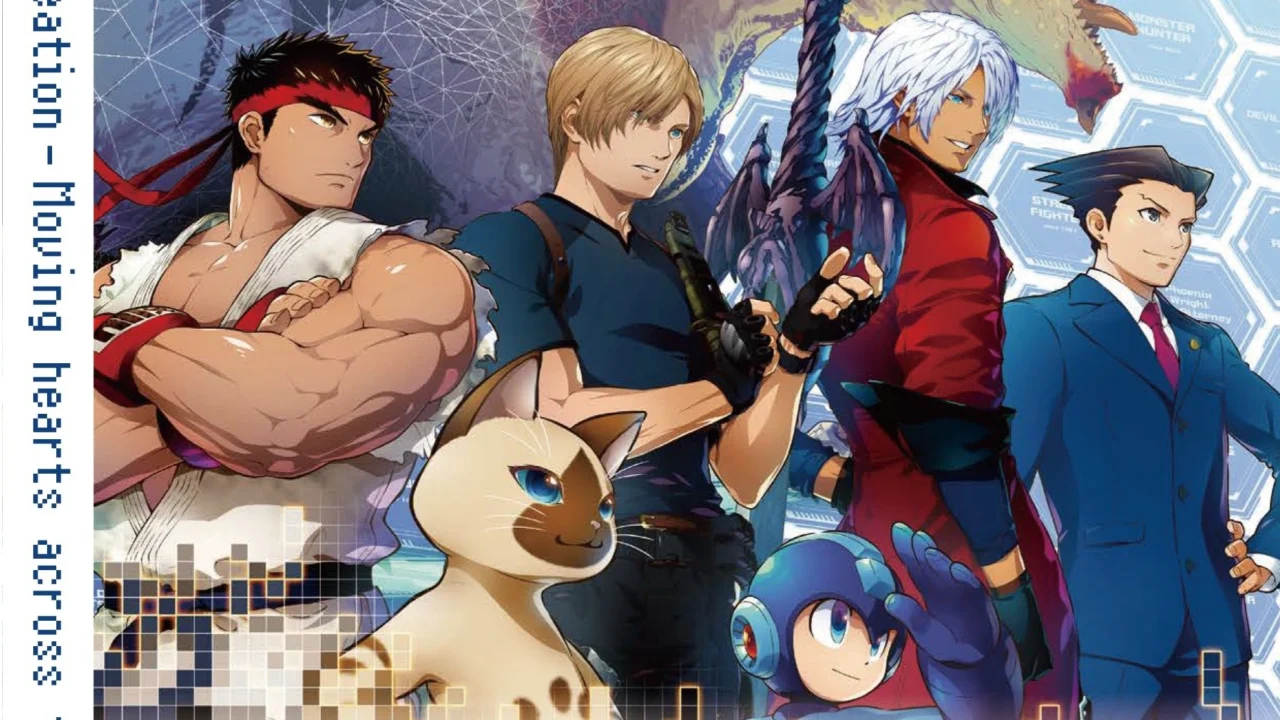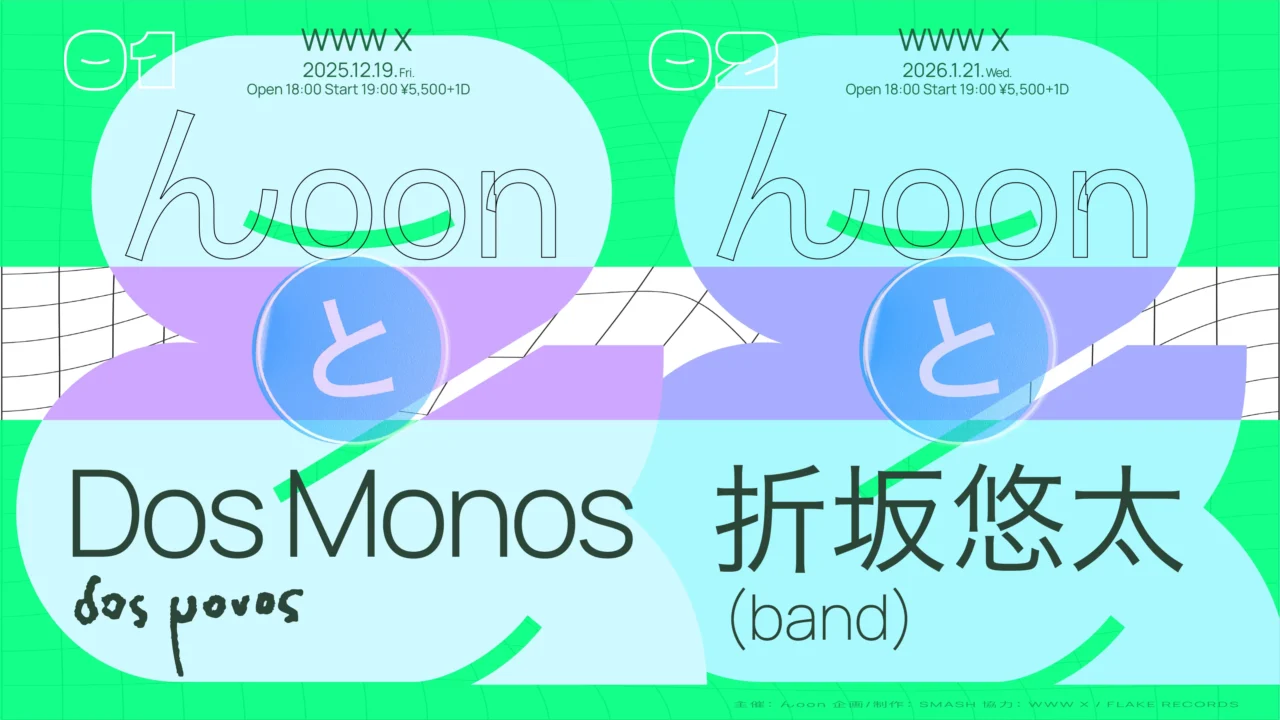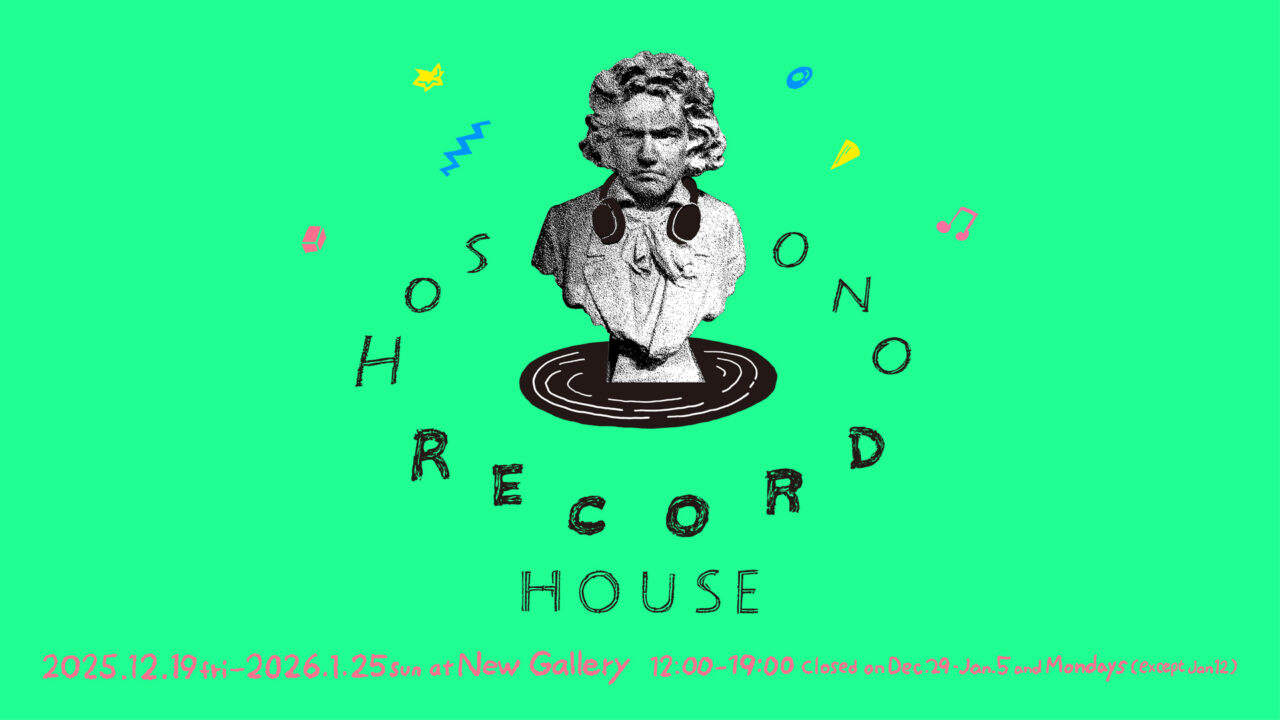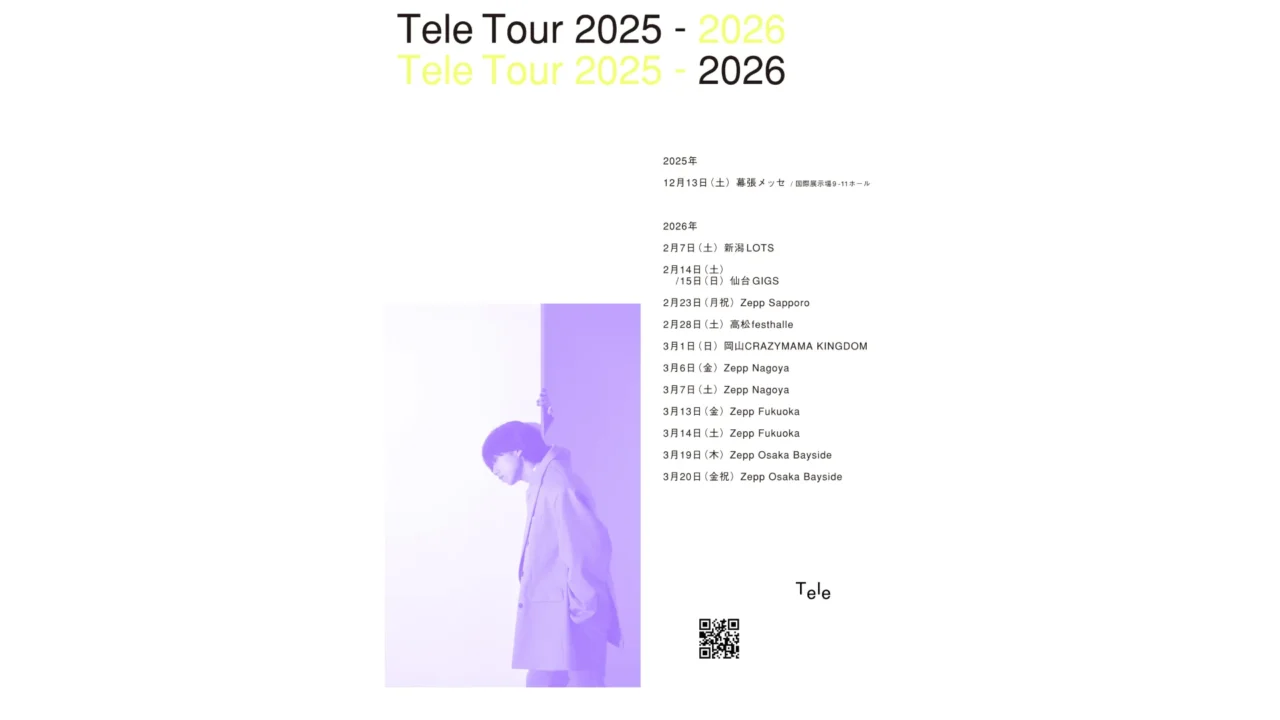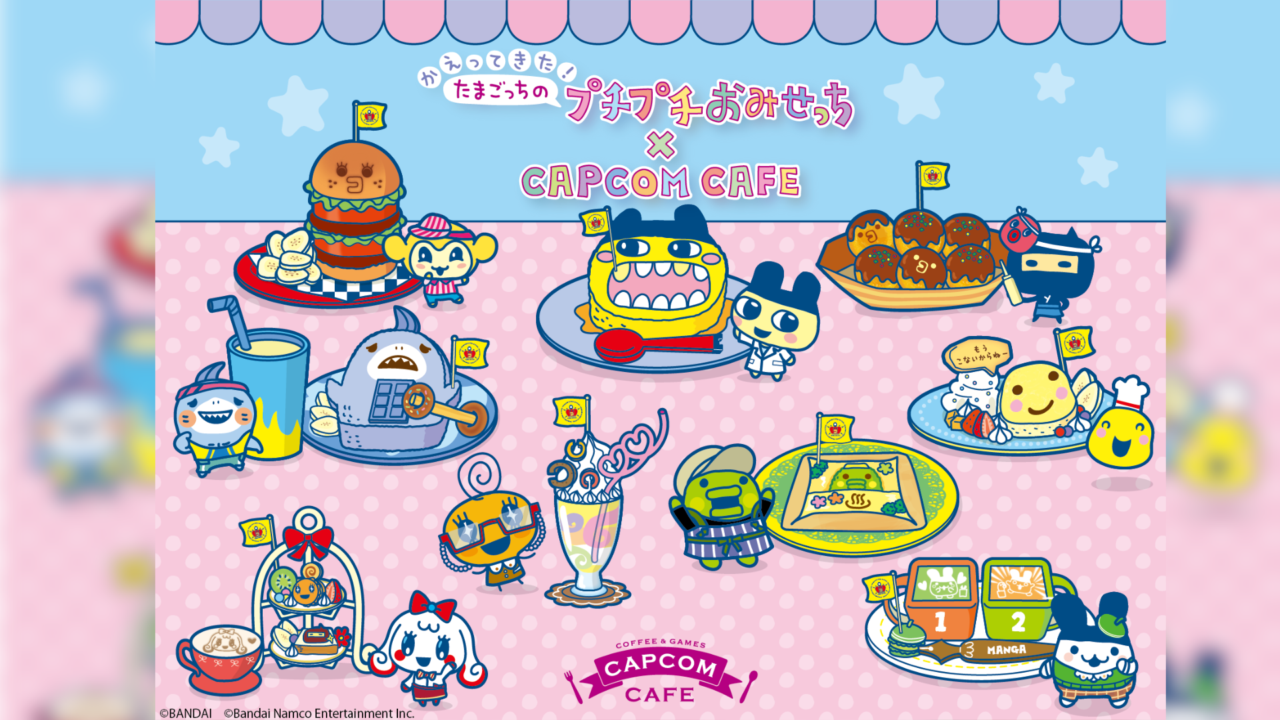A circle of friends connected by goo touch! The “FIST BUMP” corner of the radio program “GRAND MARQUEE” features people who live and enjoy Tokyo in a relay format.
On December 19, Masashi Yoshida, a critic, beatmaker, and MC, was introduced by MEISO, a bilingual rapper and simultaneous interpreter. We asked him about his early career as a rapper and his latest album, which utilizes his experience as a critic.
INDEX
My first encounter with hip-hop was also the beginning of my career as a critic.
Celeina (MC): You were introduced as a “Playful professor” by MEISO who appeared yesterday.
Yoshida: I am not aware of being playful (haha). But when I heard that, I thought MEISO has a good point. He is a rapper, so I thought it was an accurate statement.
Takano (MC): If I see Mr. Yoshida’s smile, I really feel him playful.
Celeina: Even in your story, while you are giving us the mischievousness.
Yoshida: It’s hard to do a mischievous performance. (haha)
Celeina: Please be as you are (haha). Now that we know that you are active as a critic, beatmaker, and MC, we would like to ask you about your first encounter with hip-hop.
Yoshida: I started listening to Western music when I was in junior high school. At first I was listening to Metallica, Megadeth, and other metal music, and I was also playing in a copy band, but I liked intense music.In the 1990s, there was a lot of crossover between rock and hip-hop, which led me to Public Enemy and Ice Cube. I liked them because of the intensity of their groove. I liked them because of the intensity of their groove, but I was listening to rap music without understanding English, which I thought was a bad idea because rap music is all about words. So I studied Public Enemy’s lyrics and presented them in a free research project in my social studies class. I also studied the Civil Rights Movement.
Celeina: Did you study the background of the song and present it?
Yoshida: The lyrics contained more important information than I expected, so I felt a mysterious sense of obligation to take responsibility and let everyone know about it.
Takano: It is connected to your current work, isn’t it?
Yoshida: Come to think of it, I realize once again that I have been like this since those days.
INDEX
Active as a rapper in the underground scene since his 20s
Takano: At what age did you start your career as a rapper?
Yoshida: I started working as a rapper around 2000, when I was in my 20’s. I was in a group called 8th wonder, and I met the members at a club. At that time, I was hanging out at clubs with my foreign friends and speaking in English, so I would talk to the later members of 8th wonder in English, saying things like, “Hip-hop is great, isn’t it? Maybe it was because I was also drinking, but for some reason my Japanese was set to katakatto (haha). But when he saw me talking in Japanese with another Japanese friend, he said to me, “You were talking to me in English earlier, but you’re fluent in Japanese too!”. From there, we became friends and decided to work together.
Takano: I didn’t know there was such a way to start a project (laughs). What was the scene like back then?
Yoshida: The way we met might give the impression that we would be doing party rap, but we were not. As for the hip-hop scene at that time, in the U.S., hip-hop was becoming more and more commercial from the late 1990s. So, there were more and more people doing underground hip-hop, and new styles were being updated, because real hip-hop was pop and not commercialistic. It was a time when Japan was also taking steps together, and we went out there, so we were doing super underground, real hip-hop. It was a serious and tingling scene.
Takano: It is amazing that you were able to feel the atmosphere of that time at the scene.
INDEX
Winner of the “Critique Rebirth School” held at the talk space “Genron Cafe” and started his career as a critic.
Takano:You became a critic after that, right?
Yoshida: In 2015, I started the “Critique Rebirth School” with critic Atsushi Sasaki at a talk space called “Genron Cafe,” which was established by Hiroki Azuma. There was a project where students were invited to read and write critiques in a competition format to foster critics and revitalize criticism, and I happened to be there.
Takano: I happened to be there.
Yoshida: It was a time when I often went to events at the Genron Cafe, and I happened to be there when they were saying, “We are going to start the Critique Rebirth School now”. I had never written a proper paper, let alone a critical review, but I intuitively thought, “I have to go,” so I applied. I entered the competition and found that it was a serious battle, so I was buoyed by the enthusiasm, and before I knew it, I had fought for a year and ended up winning the competition.
Takano: That’s amazing! It’s not an MC battle, is it?
Yoshida: It’s not an MC battle. (haha)
Takano:It’s interesting that it seems to have something in common with rap music.
Yoshida: The structure of the battle was close.
Celeina: What was the theme of the critique?
Yoshida: Every two weeks, we would invite lecturers from various fields such as literature, philosophy, film, and music. Three of these essays are chosen, and the students make a presentation on the spot about how great their essay is, and then they battle it out. So we were tested not only on our writing skills but also on our presentation skills.
Celeina:It was pretty spartan. But I guess the experience of being on stage helped you then, didn’t it?
Yoshida: That may be true.
Takano: Rap music is also about spinning and spitting out your own words, so I feel like there is a connection there.
Celeina: After the “Critique Rebirth School,” you started working as a critic in earnest. What areas are you currently involved in?
Yoshida: At the time of “Critique Rebirth School,” I did not intend to write about hip-hop, but I ended up receiving an award for my final essay on hip-hop. Through this experience, I realized that hip-hop is a genre that is difficult to verbalize, so I am now working on the theme of how hip-hop criticism can be developed.
Takano: I would like to interject a song here. I asked Mr. Yoshida to choose a song that he would like everyone to listen to together on the radio at this time. What song would it be?
Yoshida: I am very sorry, but it is my own song (laughs). Recently, I have been working with a hip-hop collective called Koto Yumin Dakota. I would like you to listen to the lead track “Jii” from the album.

